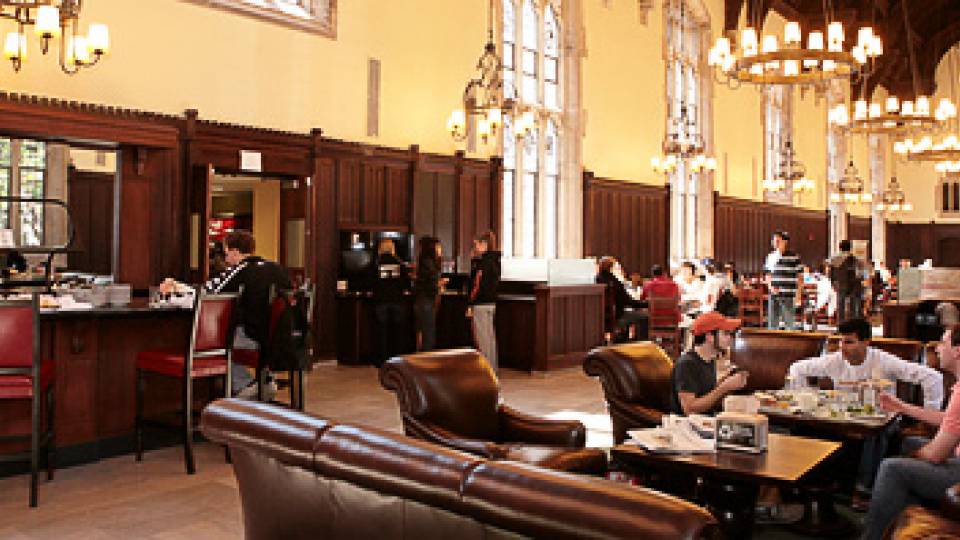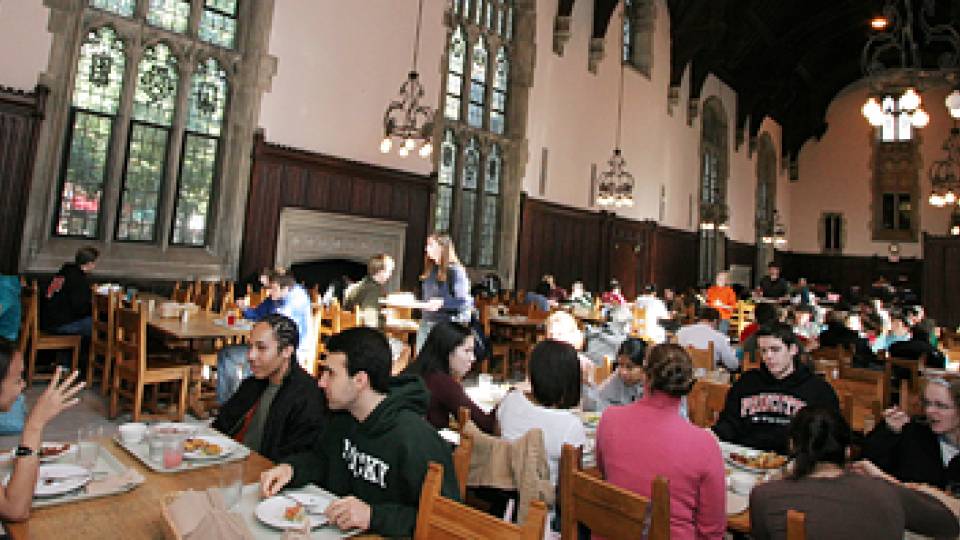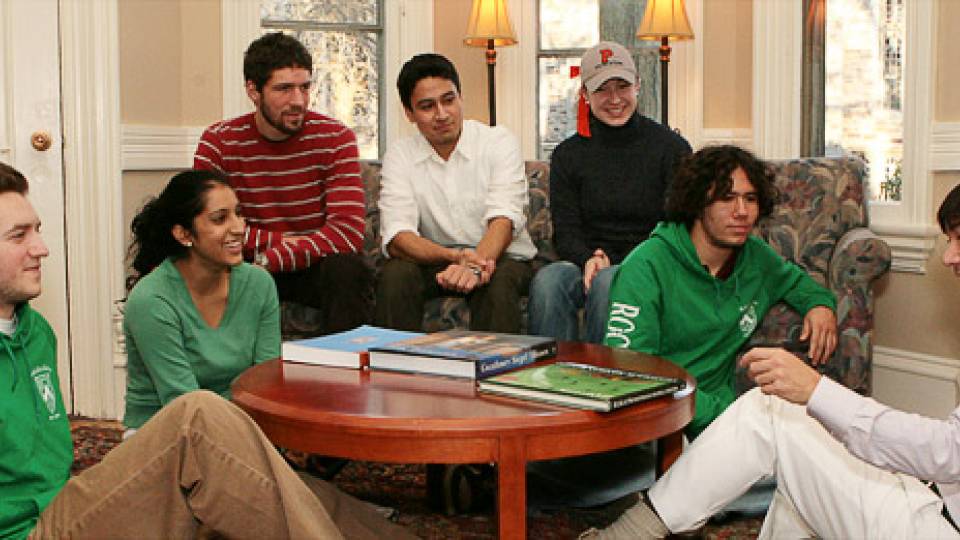The college master is a pivotal figure in the lives of incoming students at Princeton. Those who serve as head of one of the University's five residential colleges welcome freshmen to their new home, get to know them over meals and at gatherings and often become seminal figures in their undergraduate experience. On many occasions, masters end up forming lifelong friendships with former residents of their colleges.
"The most memorable part of being a master is the opportunity to make a difference in the educational experience and personal growth of students," said Nancy Malkiel, dean of the college, who served as the founding master of Mathey from 1982 to 1986.
Princeton's residential college system was established in the wake of a 1979 report of the Committee on Undergraduate Residential Life. By creating the five residential colleges involving all members of the freshman and sophomore classes, administrators hoped to more extensively integrate dining and social life with academic life. Appointing a faculty member to head each college was a key part of the plan.
"It's a great job -- you get to build your Mr. Chips fantasy and create your small liberal arts college," said Miguel Centeno, a professor of sociology who has been master of Wilson College since 1997. Over the years he has continued discussions started with students when they lived at Wilson by e-mail long after they graduated.
"One young woman and I have been having a political battle for the last six or seven years, and she still writes to me as 'Master Centeno,'" he said. "It's very funny to have 27-year-olds still call you master."
Read the full story in the Weekly Bulletin.
Contact: Eric Quinones (609) 258-3601



